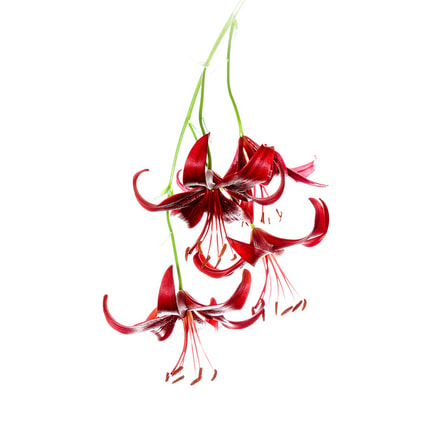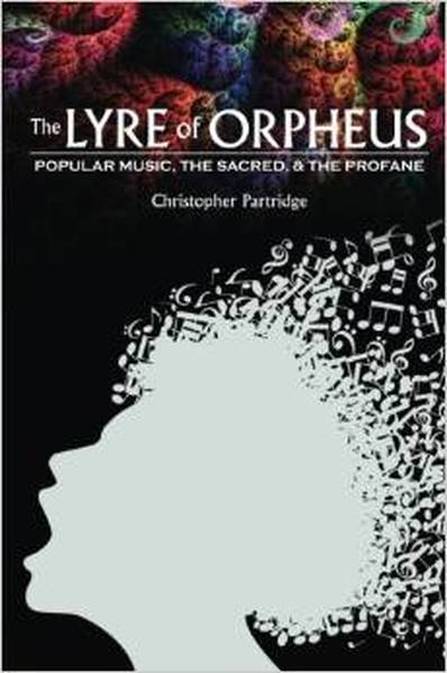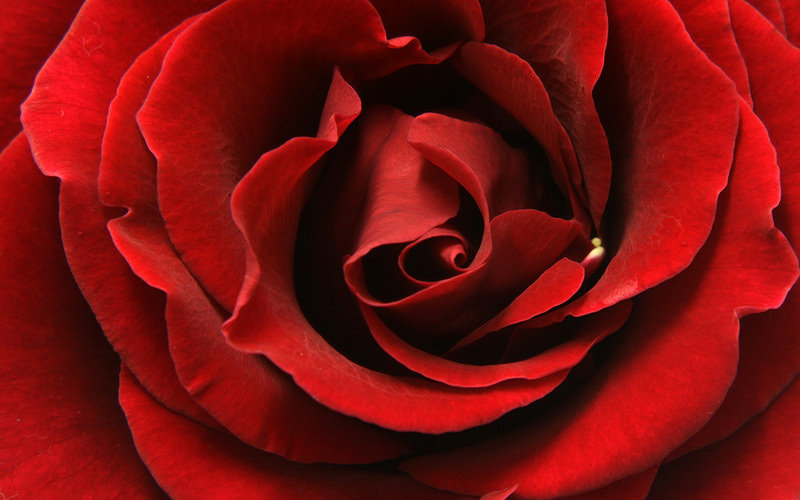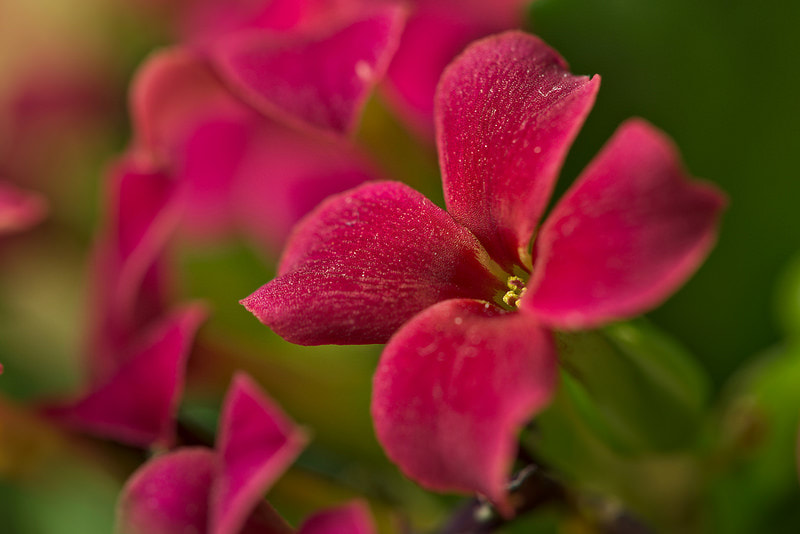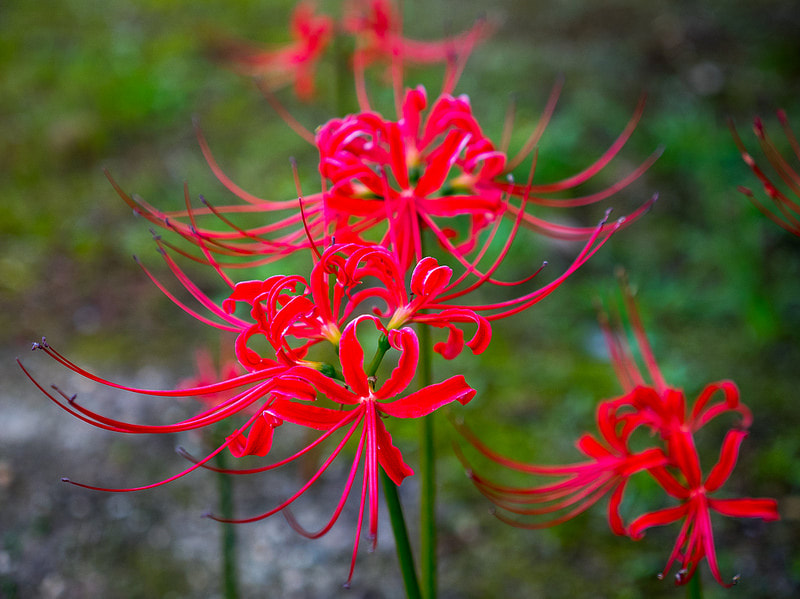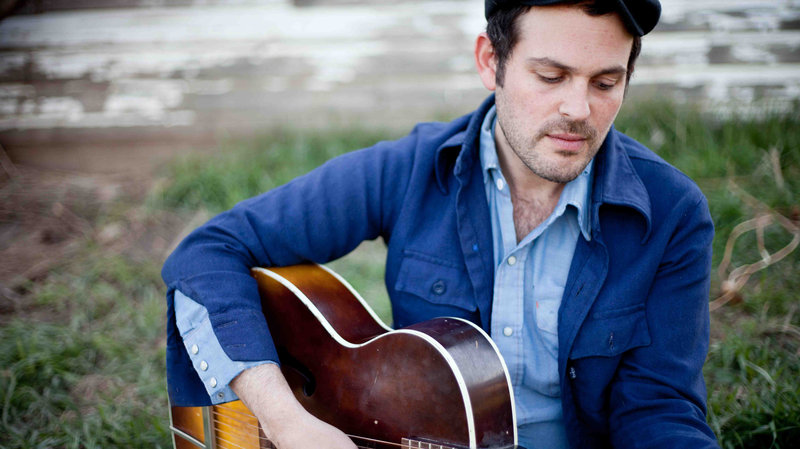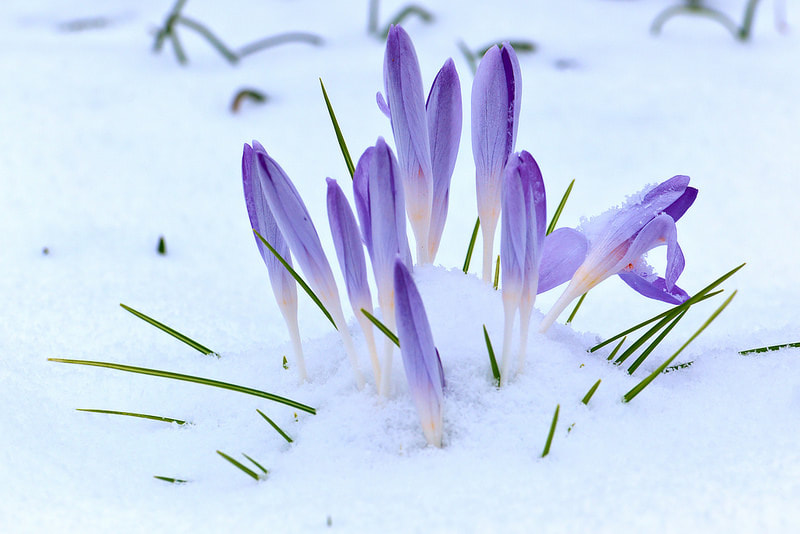Getting Back to the Garden
The Romantic Impulse in Popular Music
The romantic impulse can be individual or social, but always it is romantic in the classical sense, or, perhaps better, biblical.
It remembers a fall from a garden of love (Paradise Lost) ; it undertakes a journey in the wilderness (Exile); and it longs a new life (a new Jerusalem) filled with intimacy, individualized or social.
Individualized Romanticism
|
Social Romanticism
|
What about Transgression?
Sometimes -- oftentimes -- the romantic impulse is combined with a transgressive impulse: that is, a transgression of socially conditioned boundaries (sexual, gender, racial, religious) in ways that are shocking and deeply (joyously) excessive. The transgression is aimed at recovering a Paradise lost or arriving at a New Jerusalem.
The Romantic Impulse in Popular MusicIn The Lyre of Orpheus Christopher Partridge proposes that there are three dominant themes in popular music: ecstasy, transgression, and romanticism. We can think of them as three virtual worlds -- three conceptual and emotional spaces -- into which we can enter with help from music.
Three Themes: Fall, Journey, New Life Much but not all contemporary singer-songwriting takes us into the romantic world. Its theme is familiar to all who know biblical literature or western poetry; it goes something like this: Once upon a time we were innocent and happy, but then there was a fall and we lost it. If things go well we can return to the innocence and regain paradise; or, perhaps better, grow from our mistakes and tragedies and move into a still better world. There are three basic themes in this story -- A Fall, a Journey, and an Arrival -- and many forms of music focus on one or several of these themes. Some songs focus on the fall from innocence and languish with the loss. If the fall was somehow caused by another person or set of events, they can also languish in resentment. Once upon a time you dressed so fine and threw the bums a dime, didn't you?...How does it feel now that you're on your own? (Bob Dylan, Like a Rolling Stone) Some songs presume the fall and dwell within the longing for the lost garden. We are stardust, we are golden, and we've got to get ourselves back in the garden. (Joni Mitchell, Woodstock) Some songs speak of the fall but then end with a proclamation, the arrival at a new state of affairs that is unexpectedly better than what was lost. I found a thrill that I could cling to, a thrill I'd never known. For you are mine at last. (Etta James, At Last) Many if not most dwell in a liminal state between the two, without paradise being fully regained or totally lost. The joy is in the ambiguity, in the possibilities that remain unresolved but felt. After the Fall: Lost Innocence and Forgotten Wisdom The remembered time can be childhood, a love affair, a friendship, or a mythic state in the past: the Garden of Eden or the continent of Atlantis. Even if the time of innocence was a literal event in the history of the singer-songwriter, it is mythically heightened in the remembering of it. It is remembered as a garden of love (William Blake) or a time when our songs were like prayers (Gregory Alan Isakov). The act of remembering can be painful, but there is simultaneously a pleasure in it and a lot of imagination. In the words of Patricia Adams Farmer, "we care enough about it to capture it in memory." The song then functions for the listener as an invitation to join in the process of remembering, weaving his or her own memories (or more specifically the subjective forms or emotions associated with them) into the listening. The listener, too, is taken back. Remembering (Reweaving) the Past as Self-Absorption or Creative Transformation Critics can think of this remembering as mere nostalgia and romanticism, pointing out that the past was not "really like that" and proposing that the very fascination with a mythic past is self-absorbed nostalgia, cutting a person off from a more outward looking approach to the world. Some, deeply drawn to the prophetic imagination, can say that the remembering is a hiding from social responsibility and perhaps a luxury available only to those with full stomachs. They can prefer the transgressive modes of rock to the romantic modes of folk. Surely there is truth in these criticisms in some cases. Popular romanticism can be an opiate of the masses. But Patricia Adams Farmer points out that, in some circumstances, the activity of creatively remembering can be one way of participating in a deeper activity at the heart of the universe: a divine Remembering which forever weaves the past into novel forms of imagination. And in this sense both the writing and the listening of romantic popular songs can be a way of practicing the presence of God, if joined with aims at becoming a more wise and compassionate soul in service to the world. Indeed, such music can help a person reclaim a past that might have otherwise been neglected and heal from old wounds for the sake of new life. The healing is an ongoing process, so the songs are worth listening to again and again, like a prayer. There may have been a time in the past when our songs were prayers, says Gregory Alan Isakov, and sometimes, in listening to songs which express these sentiments, the listening becomes a prayer, too: that is, a way of making contact with a deep listening, a compassionate embrace, at the heart of the universe. Not all romanticism is escapist and not all nostalgia is deluded. Some is transformative. Sometimes it's not so bad to be lost in the garden. -- Jay McDaniel |
The Garden of Love
|
Remember When Our Songs
Were Like Prayers
|
Remember when our songs were just like prayers.
Like gospel hymns that you called in the air. Come down come down sweet reverence, Unto my simple house and ring... And ring Ring like silver, ring like gold Ring out those ghosts on the Ohio Ring like clear day wedding bells Were we the belly of the beast or the sword that fell... We’ll never tell Come to me clear and cold on some sea Watch the world spinning waves, like that machine Now I’ve been crazy couldn’t you tell I threw stones at the stars, but the whole sky fell Now I’m covered up in straw, belly up on the table Well I drank and sang, and passed in the stable. That tall grass grows high and brown, Well I dragged you straight in the muddy ground And you sent me back to where I roam Well I cursed and I cried, but now i know... now I know And I ran back to that hollow again The moon was just a sliver back then And I ached for my heart like some tin man When it came oh it beat and it boiled and it rang... oh it's ringing Ring like crazy, ring like hell Turn me back into that wild haired gale Ring like silver, ring like gold Turn these diamonds straight back into coal. |
|
